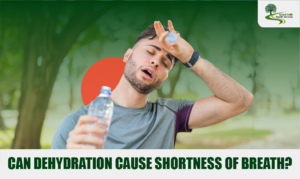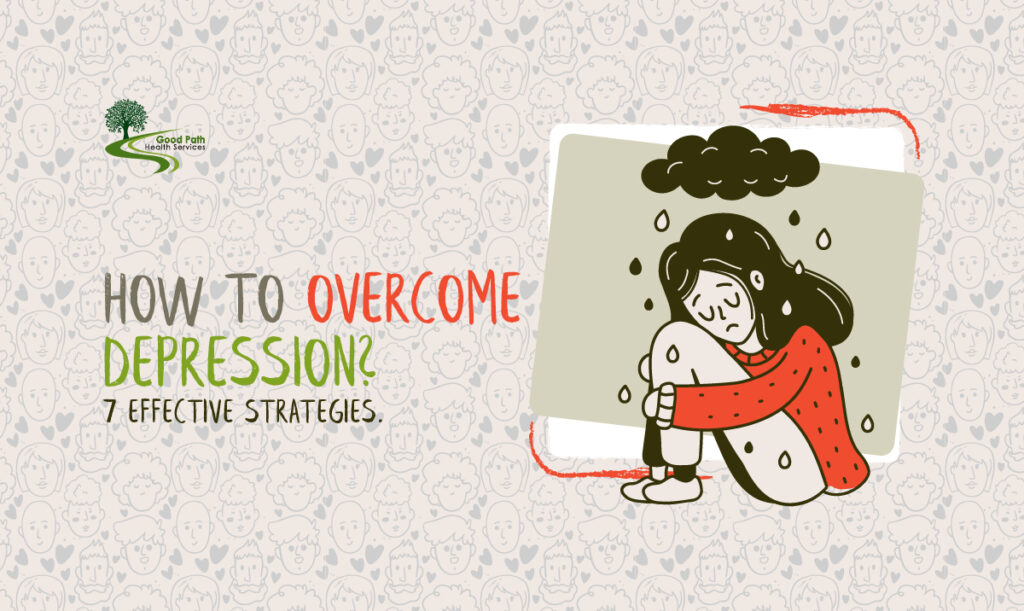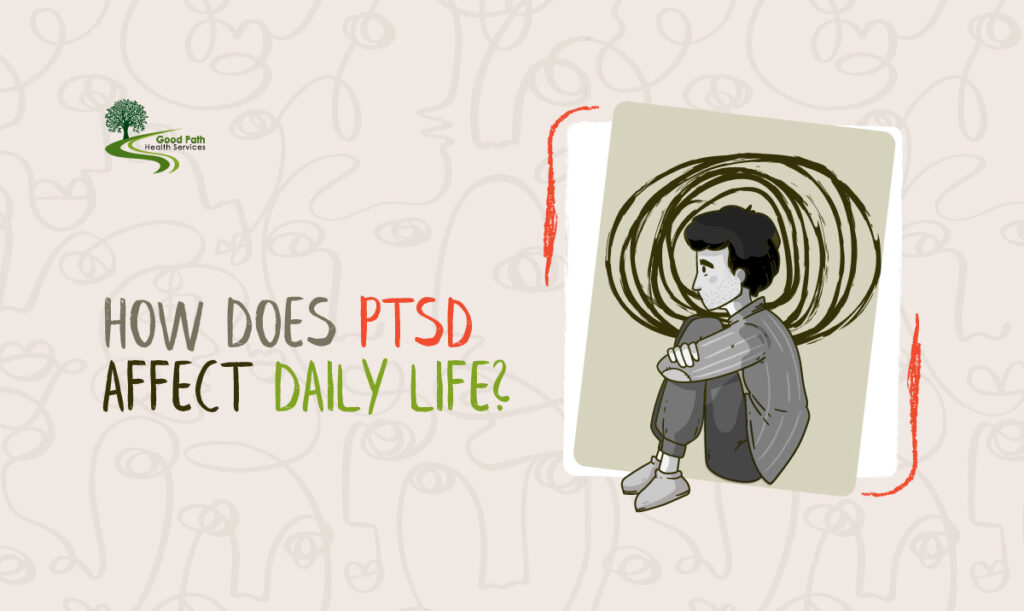
Staying hydrated, we know, is crucial. It keeps us energetic and helps our organs work right.
But, do you think a lack of water can cause shortness of breath?
This blog looks into how dehydration affects breathing, providing handy tips for health enthusiasts like you.
Common Symptoms of Dehydration
Your body gets dehydrated when it lets go of more water than it consumes. This problem often pops up, particularly in warm weather or tough workouts.
Here are some typical symptoms of dehydration:
- Dry mouth and throat
- Dark yellow urine
- Dizziness and fatigue
- Headaches
- Dry skin
But can dehydration cause shortness of breath? Let’s explore the science behind this connection.
The Science Behind Dehydration and Respiratory Issues
Shortness of breath, or dyspnea, can be caused by various factors, including dehydration.
If you’re thirsty, it might be harder for you to breathe. Having not enough water in your body can make your heartbeat faster.
Your heart has to work extra to move blood around your body. Your lungs may not get as much air as they need because of this, making you gasp for breath.
Thirst can also make our windpipes narrow due to not enough moisture, making breathing tough.
People with breath health problems like asthma or COPD need to be especially careful about this.
See Also: How to Tell if Shortness of Breath Is From Anxiety?
Factors Increasing the Risk of Dehydration and Shortness of Breath
Certain factors can elevate the risk of dehydration leading to shortness of breath. These include:
1. Age
Older adults are more susceptible to dehydration due to a decreased sense of thirst and potential underlying health issues.
2. Physical Activity
Rigorous workouts or hard physical work can cause a substantial loss of liquid from our bodies. Sweat is produced as a result. This increased sweat makes dehydration a major concern.
3. Hot Weather
When it’s extremely hot, your body consumes more fluids. So, drink enough water to keep up.
4. Illness
Things like a high temperature, throwing up, or diarrhea can cause fast loss of fluids. This makes the chance of getting dried out greater, leading to related breathing problems.
Tips for Preventing Dehydration
Remaining properly hydrated is crucial for upholding good health and warding off feelings of breathlessness.Here are some practical tips to help you stay properly hydrated:
1. Drink Plenty of Water
Drink around eight glasses of water a day. People’s need for water can change though, based on things like how much exercise they’re doing, the weather, and their health.
2. Eat Water-Rich Foods
Foods like watermelon, cucumbers, and oranges are loaded with water, and can help you stay hydrated.
3. Monitor Your Urine
Check the color of your urine as an indicator of hydration. Light yellow or clear urine generally signifies adequate hydration.
4. Set Reminders
With a busy day-to-day, it’s easy to forget to drink water. By setting alarms or using apps, you’ll have a reminder to drink up.
5. Avoid Alcohol and Caffeine
These two can make you dehydrated, so try to limit them. For every cup of coffee or alcohol, try to drink a glass of water.
The Importance of Seeking Medical Advice
Hydration is key. But if you often find yourself short of breath, seeing a doctor is a good move.
They’ll figure out if you have chronic dyspnea – a sign that you might have some health problems. They can find out why it’s happening and suggest the right treatment.
Conclusion
So, can dehydration cause shortness of breath? Yes.
It impacts your heart and breathing system. If you know this link and take care to drink plenty, you prevent such problems and keep healthy.
Follow our blog for more health info. Don’t forget – drink enough and stay well.
FAQs
Can dehydration cause shortness of breath?
Yes, dehydration can lead to shortness of breath.
What is the link between dehydration and breathlessness?
Dehydration decreases blood volume, making it more challenging for the heart to efficiently pump oxygen, resulting in breathlessness.
Does dehydration cause shortness of breath?
Yes, it can lead to breathing problems.
Why do I experience shortness of breath after drinking?
Alcohol can cause dehydration, which may lead to shortness of breath.



